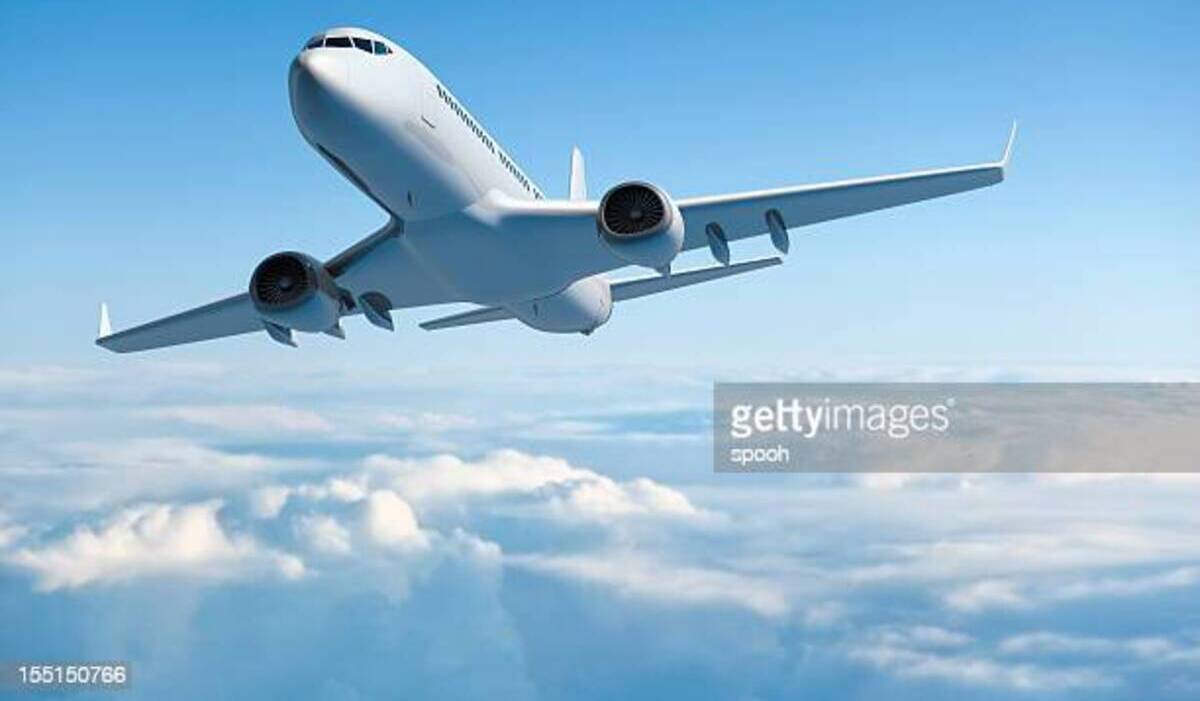Imagine this: You’re packing for a trip and decide to take along your trusty pepper spray for protection. But then you pause, a question lingering in your mind: “Will pepper spray explode on an airplane?”
If you’ve ever wondered about this, you’re not alone. It’s a question that has puzzled many travelers. The answer, however, isn’t as straightforward as you might think.
Will pepper spray explode on an airplane?” is a question that boggles the mind of many travelers around the globe.
Let’s dive in and explore the intriguing world of pepper spray, the science behind it, its potential hazards, and the regulations surrounding its transport on flights. Get ready for an enlightening journey!
Understanding the Science of Pepper Spray
Let’s kick things off with some pepper spray 101. The key ingredient in pepper spray is oleoresin capsicum, a compound extracted from chili peppers. It’s this potent substance that gives pepper spray its fiery reputation.
When pepper spray is deployed, it takes the form of an aerosol – a suspension of fine particles in gas. These tiny particles are what carry the oleoresin capsicum, creating a cloud of fiery discomfort for anyone unfortunate enough to be in its path.
Under normal circumstances, pepper spray is a stable substance. It doesn’t spontaneously combust, and it doesn’t explode when dropped. However, the pressurized canister it’s stored in is a different story.
The Potential Hazards of Pepper Spray
The real risk with pepper spray comes from the pressurized container it’s often stored in. These small canisters are built to withstand everyday wear and tear, but they’re not indestructible.
When subjected to extreme conditions, such as dramatic changes in temperature or pressure, the canister can rupture. This would release the spray suddenly and uncontrollably, creating a potentially dangerous situation.
That’s why it’s important to handle and store pepper spray properly, even when not in use. It should always be kept in a cool, dry place and never exposed to excessive heat or cold.
In conclusion, while pepper spray itself won’t explode on an airplane, the pressurized canister it’s stored in could potentially rupture under extreme conditions. So, if you’re planning to travel with pepper spray, it’s essential to follow all relevant regulations and safety guidelines to ensure a safe journey.
Pepper Spray Regulations on Flights
Given the potential risks, it’s no surprise that there are strict regulations surrounding the transport of pepper spray on flights. According to the Transportation Security Administration (TSA), you’re allowed to carry one 4 fl oz. container of pepper spray in your checked baggage, provided it’s equipped with a safety mechanism to prevent accidental discharge.
Carrying pepper spray in your carry-on or on your person is a different story. TSA regulations strictly prohibit this and for good reason. The last thing anyone wants is a canister of pepper spray going off mid-flight!
Guidelines for Carrying Pepper Spray on an Airplane
If you wish to carry pepper spray while flying, it’s crucial to adhere to the following guidelines to ensure safety and compliance:
1. Check Airline Regulations
Before traveling, check the specific regulations of the airline you are flying with. Some airlines may have additional restrictions on carrying pepper spray, such as limiting the size or prohibiting certain formulations.
2. Size Limitations
Most airlines permit pepper spray canisters with a maximum volume of 4 ounces (118 milliliters) in checked baggage. However, the rules may differ for carry-on baggage, and some airlines may restrict or prohibit it entirely in the cabin.
3. Secure Packaging
Ensure that the pepper spray canister is properly sealed and packed in a leak-proof container to prevent accidental discharge during transit.
4. Declare at Security Checkpoint
If you are carrying pepper spray, always declare it to the security personnel during the screening process. Cooperation and honesty are essential to ensure a smooth and safe boarding experience.
5. International Travel Considerations
If you are flying internationally, familiarize yourself with the regulations of the destination country regarding pepper spray. Some countries have strict restrictions or outright bans on carrying pepper spray, so it’s essential to research beforehand.
READ: How to Get Pepper Spray Smell Out of House
Common FAQs about Pepper Spray and Air Travel
Q: Can I carry pepper spray in my carry-on bag?
A: The rules for carrying pepper spray in your carry-on bag vary by airline and destination. Some airlines may allow small canisters within the prescribed volume limit, while others may prohibit it entirely. It’s best to check with the specific airline before packing pepper spray in your carry-on luggage.
Q: Can pepper spray explode due to changes in air pressure during the flight?
A: While there is a theoretical possibility of pepper spray canisters being affected by changes in air pressure, modern canisters are designed with safety measures to minimize this risk. The chance of explosion is extremely low, provided you follow the manufacturer’s guidelines and use a quality product.
Q: Is it legal to carry pepper spray while traveling internationally?
A: The legality of carrying pepper spray while traveling internationally varies by country. Some countries have strict regulations and pepper spray may be prohibited altogether. It’s crucial to research the specific laws of your destination country and adhere to them to avoid any legal issues.
Q: Can I use pepper spray in self-defense on an airplane?
A: The use of pepper spray on an airplane is generally discouraged, as it may cause discomfort to other passengers and escalate an already tense situation. It’s always best to comply with the guidance of the cabin crew and security personnel and seek assistance from them if needed.
Q: How long does the effect of pepper spray last?
A: The effects of pepper spray can vary depending on the individual’s tolerance and the concentration of capsaicin in the spray. Generally, the effects last for about 30 minutes to an hour. However, it’s crucial to remember that pepper spray is a self-defense tool and not a substitute for professional assistance or escape from a dangerous situation.
Q: Can I buy pepper spray at the airport?
A: Some airports may have retail stores that sell personal safety products, including pepper spray. However, availability may vary, and it’s advisable to purchase pepper spray in advance from a reputable vendor to ensure you have a suitable product for your needs.
Conclusion
In conclusion, while there is a theoretical possibility of pepper spray canisters being affected by changes in air pressure on airplanes, modern safety measures significantly minimize this risk. When adhering to airline regulations and using a quality product, carrying pepper spray for personal protection during air travel can be safe and permissible.
Remember, pepper spray is a self-defense tool and should only be used responsibly and in situations where your personal safety is genuinely at risk. Always follow manufacturer instructions and familiarize yourself with the regulations of your destination country when carrying pepper spray during international travel.
So, whether you’re a frequent flyer or planning a trip, if you’ve ever wondered about the safety of pepper spray on airplanes, rest assured that with the right precautions, it can be a valuable tool for personal protection.
Bliss Ferdinand is a resilient single mother and the founder of pepperspraymum.com, a blog dedicated to empowering women and promoting personal safety. With a passion for self-defense, Bliss shares her knowledge and experiences to help other mothers protect themselves and their families. Through her blog, she educates her readers about the effective use of pepper sprays, offering valuable insights, product reviews, and practical tips on staying safe in various situations. Bliss’s commitment to her community has inspired many women to take charge of their own security, making pepperspraymum.com a go-to resource for those seeking practical advice and peace of mind

